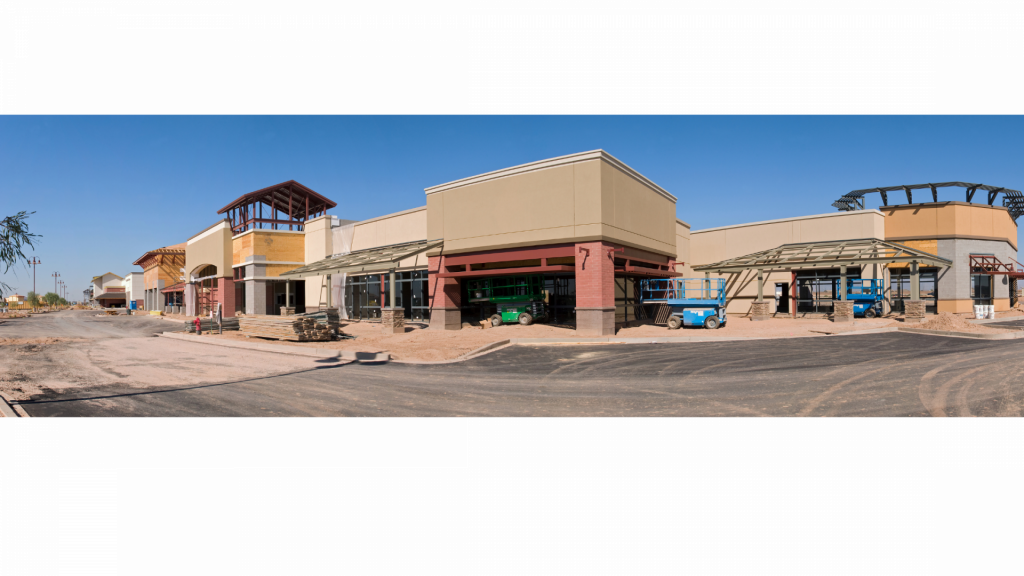You know the saying “love and marriage go together like a horse and carriage”? Zoning and planning are much the same way. While many people think they are the same thing, they are in fact not. Understanding the differences can help landowners make the best use of their property, and give someone who is looking for a development opportunity a better chance at accomplishing the goal.
Definitions of Zoning and Planning
By definition, zoning is the division of an area into specific land use categories such as residential, commercial, agricultural, etc. The initial zoning is determined by the local government or board, at the beginning of a community’s development. Planning, or more specifically land use planning, is a much broader term. It is a process that evaluates and analyzes the land in order to decide the actual development of the property. While the definitions seem rather similar, they are in fact not interchangeable. You might say that zoning is “before the fact” and land use comes “after the fact”.
Zoning is Not Stagnant
Many property users or developers begin searching for sites by either driving around in the area they would like to be in or looking online. Doing preliminary research is great, except when you skip properties that don’t fit your zoning criteria. Just because it’s zoned one way today, does not mean it has to stay that way. Zoning decisions made 20 years ago are not always appropriate for today’s community. An experienced local real estate broker has resources and contacts which will make it easier to determine if a site can be rezoned. Don’t rule out a site based on the existing zoning category only.
The Plan to Change Zoning
Whether it’s a new site or an existing development, the process of rezoning can be costly and timely. There are plenty of issues to explore before making a decision. An experienced local broker can lead you through the mine-fields and around the obstacles, whether it’s understanding the needs of the local community, site constraints, or potential users. By having a good understanding of the site, the community, the zoning code, the cost of construction in that area and the local demographics you can oftentimes find that ‘gem’ of a piece of ground which will make you and the development project the proverbial “grand-slam”.
Zone and Plan
There’s always a way to strike a balance between the desired plan and the existing zoning. By taking the right steps first and getting the proper gauge of the land and the community, a piece of development real estate can become a profitable investment.

